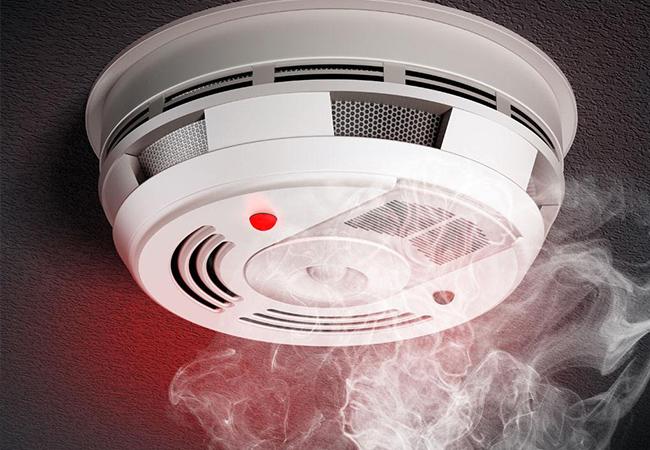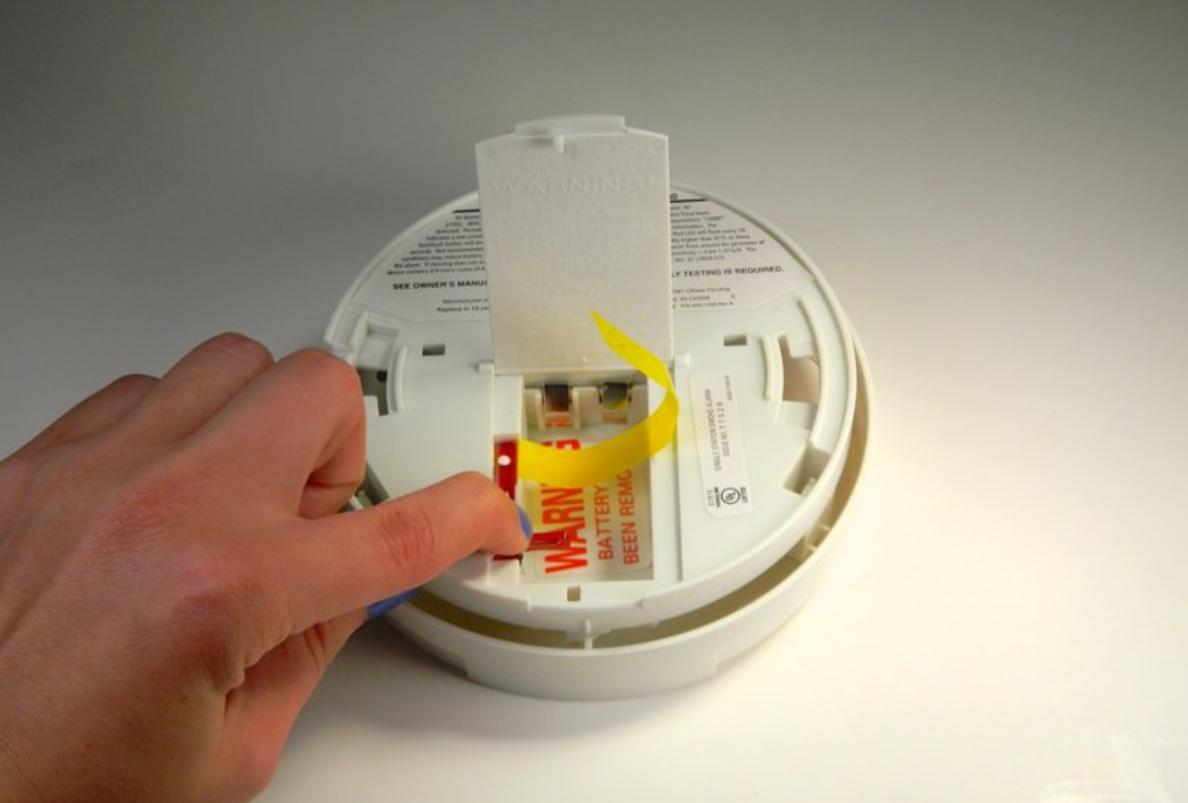May 22, 2025
Smoke detectors are essential for keeping your home safe, but did you know that the type of battery you use can impact the reliability and performance of your device? In this guide, we’ll compare the three most common battery types used in smoke detectors: 9V, CR123A, and button cells. We’ll explore their advantages, disadvantages, and which one is best for your smoke alarm.
Why the Right Battery Matters for Smoke Detectors
A smoke detector is one of the most important safety devices in your home, and selecting the right battery is crucial. The performance and lifespan of your smoke detector depend on the battery you choose. Many homeowners overlook this, often opting for any available battery without understanding its impact on the detector’s functionality.
Choosing the right battery ensures that your smoke detector operates properly when it matters most—during an emergency. Let’s break down the differences between the most commonly used batteries in smoke detectors and see which one suits your needs.
1. 9V Batteries: The Most Common Choice
What are they?The 9V battery is the traditional choice for smoke detectors. It has been the standard for many years and is still commonly used in residential and commercial settings.
Advantages:
Long lifespan: A good-quality 9V battery typically lasts 6 months to a year before it needs replacing.
Widely available: You can easily find 9V batteries in most supermarkets, hardware stores, and online.
Reliable power: These batteries deliver consistent power to your smoke detector, ensuring it works reliably.
Disadvantages:
Frequent replacements: While reliable, 9V batteries tend to require more frequent replacements compared to other battery types.
Leakage risk: Over time, 9V batteries may leak, especially if they’re left in a device too long, potentially damaging your smoke detector.
Best For: Traditional, battery-operated smoke alarms.
2. CR123A Batteries: A Premium Choice
What are they?The CR123A battery is a high-performance lithium battery often used in newer, advanced smoke detectors.
Advantages:
Longer lifespan: CR123A batteries can last up to 5 years, making them ideal for modern detectors designed to reduce maintenance.
Stable power output: These batteries provide steady, consistent power, ensuring your detector functions reliably.
Better temperature tolerance: They perform well in extreme temperatures, which is important in environments with fluctuating conditions.
Disadvantages:
Higher cost: CR123A batteries are more expensive than 9V or carbon-zinc options.
Limited compatibility: Not all smoke detectors can accommodate CR123A batteries, so you need to check the device’s specifications first.
Best For: High-performance or smart smoke detectors.
3. Button Cells: Compact and Cost-Effective
What are they?Button cells, such as CR2032 Lithium Button Cells, are small, flat batteries often found in compact smoke detectors and other low-power devices.
Advantages:
Compact size: Button cells are small and easy to integrate into devices where space is a concern.
Long shelf life: These batteries have an excellent shelf life, often lasting several years without being used.
Affordable: Button cells are typically less expensive than 9V or CR123A batteries.
Disadvantages:
Shorter lifespan in smoke detectors: They may not provide enough power for long-term use in smoke detectors, requiring more frequent replacement.
Lower capacity: Button cells have less power than 9V or CR123A batteries, which may impact performance in larger or higher-power devices.
Best For: Smaller, low-power smoke detectors, typically used in compact spaces or appliances.
How to Choose the Right Battery for Your Smoke Detector
When choosing a battery for your smoke detector, consider these key factors:
Device Compatibility: Check the manufacturer’s instructions to see which battery type is recommended for your smoke detector.
Battery Life: Consider how often you’re willing to replace the battery. If you prefer minimal maintenance, a CR123A battery or a 10-year sealed battery might be the best choice.
Temperature Conditions: If your smoke detector is in a location with extreme temperatures, such as a garage, lithium-based CR123A batteries are more suitable.
Cost: 9V batteries are affordable and widely available, making them a solid choice if you’re on a budget. However, if you’re looking for fewer replacements, consider investing in a longer-lasting CR123A or 10-year sealed battery.
Conclusion: Prioritize Safety
The battery you choose for your smoke detector is essential to ensuring the safety of your home. Whether you go for a traditional 9V battery, a high-performance CR123A, or a small button cell, make sure the battery is of high quality. Regularly inspect your smoke alarms and replace the batteries as needed.
At Warriors Batteries, we offer a wide range of batteries suitable for all smoke detector models, from durable CR123A to reliable 9V alkaline options. Visit our website today to find the best battery for your smoke detector and ensure your home stays safe.
Read More

